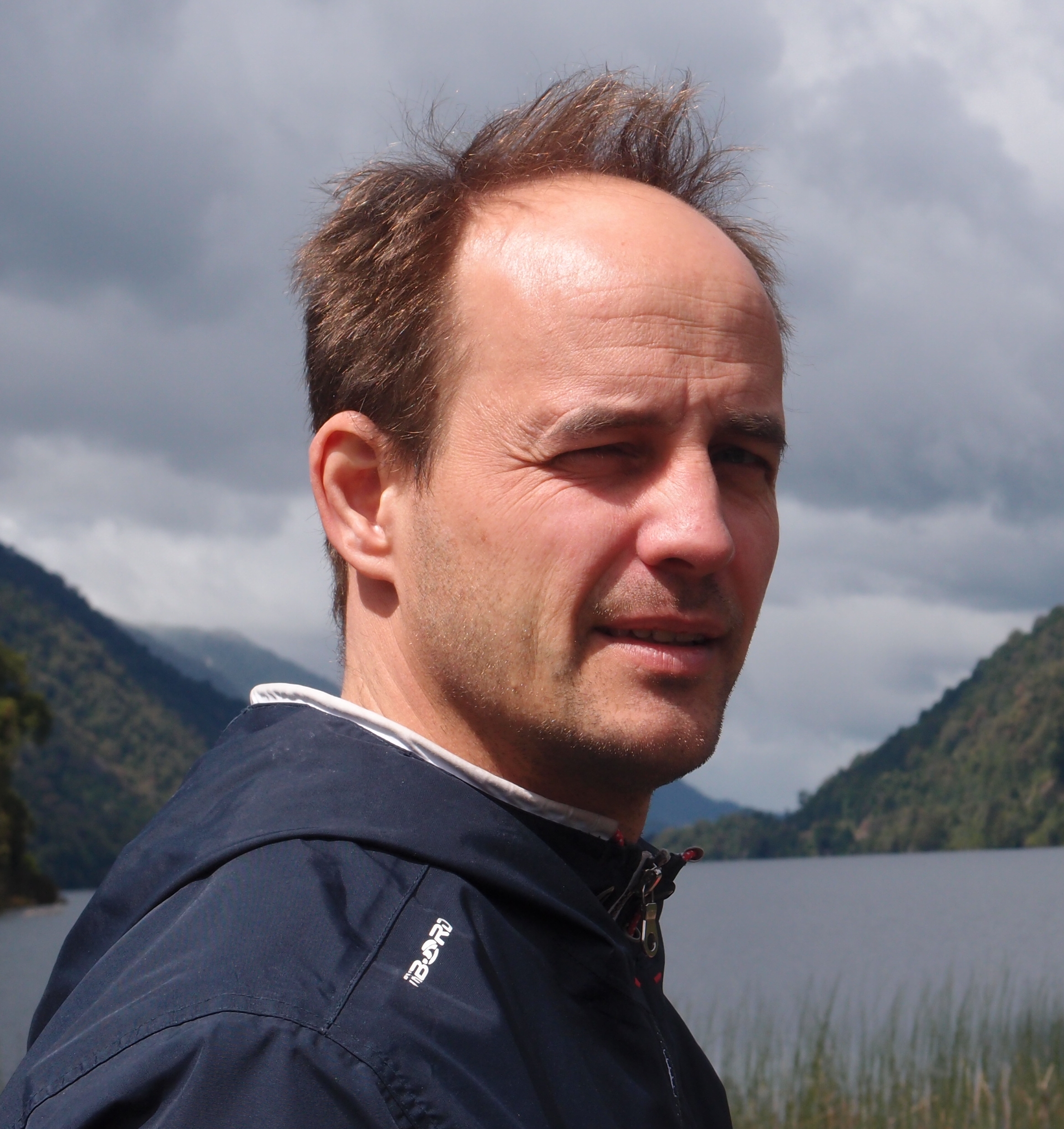 Tobias Mette
Tobias Mette
Bayerisches Staatsministerium für Ernährung, Landwirtschaft und Forsten (Bavarian Ministry of Food, Agriculture and Forestry, LWF)
Tobias Mette is a researcher at the Department of Soil and Climate at the Bavarian State Institute of Forestry, a specialised agency within the Bavarian Forestry Administration. He coordinated the nationwide forest climate fund project "Forest Productivity - Carbon Storage - Climate Change (C21)" in LWF Department 2, Soil and Climate, between 2014 - 2017. Tobias studied biology at the Universities of Münster and Bayreuth. For his dissertation on forest biomass estimation with interferometric radar, he was awarded the Thurn and Taxis Advancement Prize in Forest Science in 2007. From 2007-2014 he worked as a research assistant in forest growth science at the Technical University of Munich.
More about Tobias's research here, Tobias's publications here.
How did you arrive at your current position?
(1) Hard work,
(2) Working on the right topic at the right time,
(3) advocates, mentors
Which scientific question are you the most eager to answer?
What are the key processes leading to changes in tree species distribution?
What is the future of your research?
Future species suitability and forest management in rapidly changing climate. In the background, my research depends heavily on
(a) establishing a modern, efficient data infrastructure to fulfil high scientific standards;
(b) project management: team communication, proposal writing;
(c) interactive communication with practitioners, discussion with science community via publications/ conferences; new means of communication (interactive maps, videos, ...);
(d) international cooperations
Open Science, especially Open Data, is highly debated on various levels. What is your opinion?
Necessary, especially in Europe. I am sure database standards will develop, and data validity checks will become more automated. First, however, the importance and efforts behind long-term field data acquisitions must be realized and funded.
How do you maintain your work-life balance?
Family first (early morning and late-night shifts are acceptable) and long-distance run against stress.
How difficult is it to have a carrier in science? How do you keep your motivation?
I consider a career in public institutional science extremely difficult. Contracts for a couple of months to a couple of years with 50-100 % positions while working much more than 100 %. - at a time when family plans may become necessary to you. The system encourages great minds to look for employment in industrial research and development. Projects that require qualified temporary personnel should compensate for the risk that temporary employees carry.
![]() This project has received funding from the European Union’s Horizon 2020 research and innovation programme under grant agreement N°952314.
This project has received funding from the European Union’s Horizon 2020 research and innovation programme under grant agreement N°952314.
